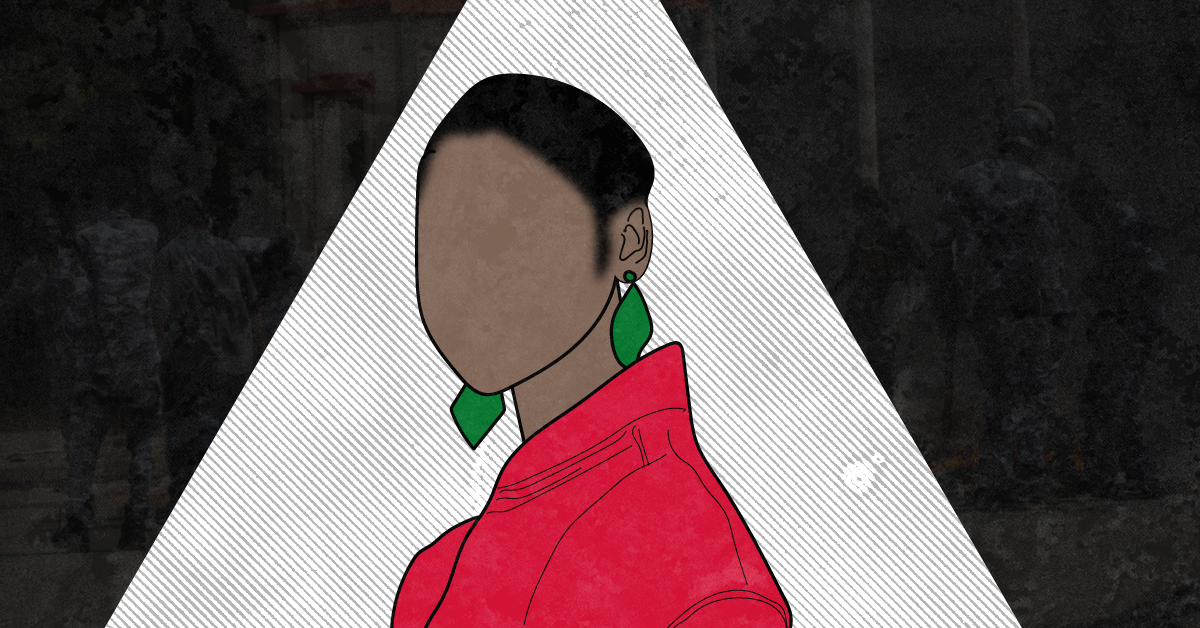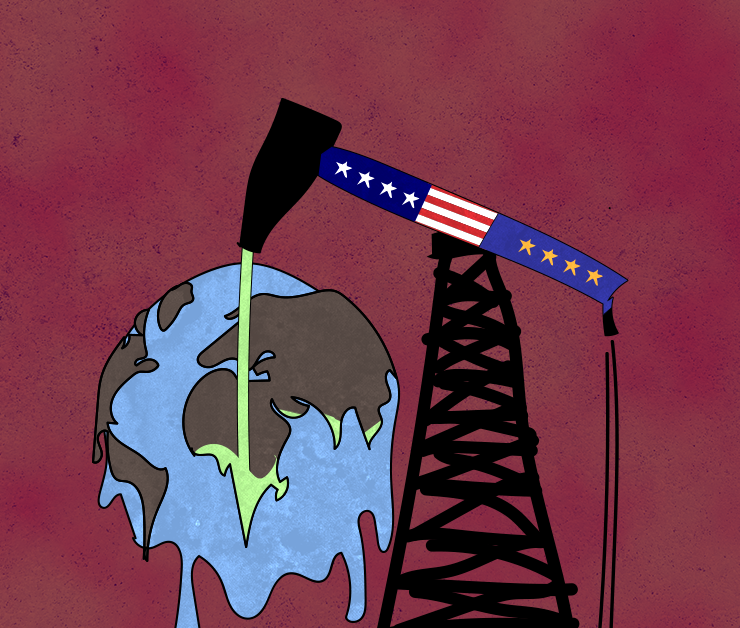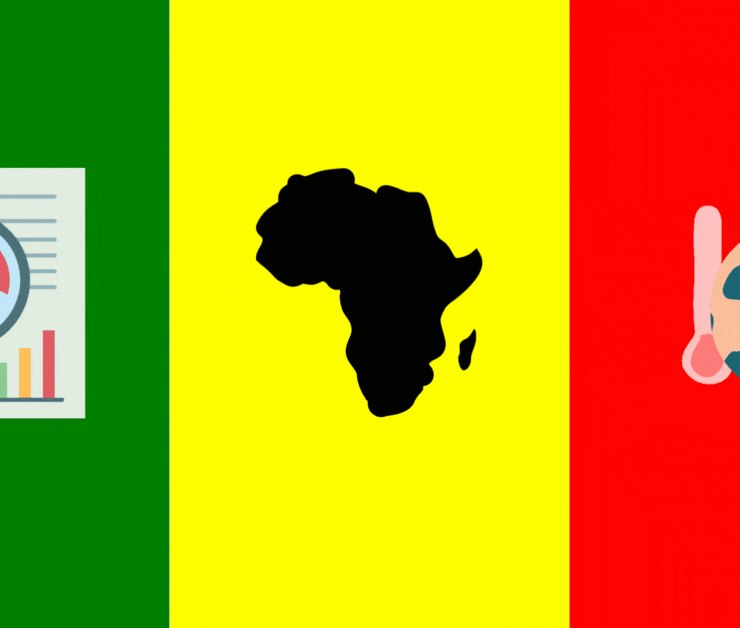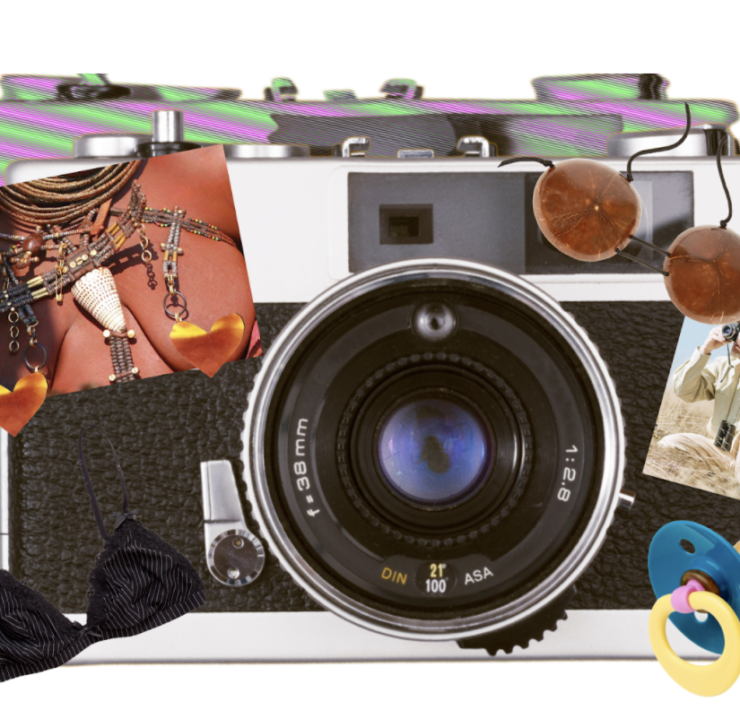A story of me: Being queer in North Sudan
- Towards the end of 2021, my sister outed me to a hateful society, and my life changed.

TW: This article contains descriptions of sexual and physical violence.
When I started university in 2018, I lived in a dorm with my older sister. Things were pretty quiet and fine until I started dressing comfortably – not wearing a hijab or long clothes that covered my body – and talking back to every homophobic comment my sister or her friends made. I started speaking publicly, joining the resistance committee, writing articles about feminism, and raising awareness about queer rights on social media.
I was trying to advocate for basic human rights since our country was going through a revolution; demanding justice, rights, and democracy. I hadn’t confirmed anything about my sexuality then, but it was almost clear to the public that I am queer.
Towards the end of 2021, my sister outed me to a hateful society, and my life changed. I was treated like a monster, told I was a shame and they couldn’t feel safe around someone like me, and I made them feel sick. I felt lonely and scared.
But this was just the beginning. Politically, academically, and economically, every aspect of my life was affected. I was bullied online, harassed on the streets, and threatened with rape and death on multiple occasions. Once, I was stoned in the street.
All this was done by the same people I protested with. Same people who marched against a dictatorship that cost them their freedom. My fellow members of the resistance committee started threatening to expel me and cancel my role as a writer for the committee. My family threatened to cut me off financially, and they did. I was homeless for a year, running from my family’s grip.
The more I wrote or spoke up, the more violent people got. My family and society made my life a living hell. I was in danger with no protection as society was made to oppress and kill people like me; I was sentenced to suffer death because I was different.
To the people who I was a part of their not-so-inclusive revolution because I wouldn’t be heard or free to speak up without being labeled and excluded for my orientation, my fight against the system will never be recognized. And to the government, my existence was simply a crime because I was queer. I was stuck between a revolution that might never guarantee my rights and a system that is designed to dehumanize me.
People started writing fake news and sharing private information about me that could get the police to arrest me. As a member of the resistance committee and a woman who appears publicly to be “passing queer agenda,” I could have easily been arrested on many felonies. I was harassed by policemen many times and had even been arrested because they didn’t like how I looked.
I remember one of them pulling me over, asking to exchange numbers, and telling me he wouldn’t let me go until I went out with him for coffee. If I refused, I would end up in jail that night because he could charge me with anything based on how I looked and what I was wearing.
They knew my activism background, and I knew I was always their perfect victim with no basic rights to protect myself, so I had to pay a lot to survive. Surviving without knowing what would become of me. I am already a criminal in this country for being queer, which makes it harder to be a political activist.
On January 31, 2022, I got shot at by the military forces during a protest. A guy who fought alongside me against military cops rushed me to the hospital and harassed me while I was drugged in the hospital.
Months later, on November 8, I was arrested during another protest. I wore a mask and covered my hair to avoid being recognized. When the police caught me and saw who I was, they were ecstatic. They called me “the prize” and took me to a small alley.
One of the cops pointed his gun at me and asked if I thought I was brave before removing my face mask and opening a tear gas canister. He used my mask and goggles to protect himself and watched as I choked. He made me kneel on the ground and put my hands down while he walked on my fingers. I could feel my nails breaking as he pulled me by my hair and rubbed my face against the ground.
I was terrified when he started taking off his pants, saying they weren’t going to kill me as they did my friends. He laughed, saying, “Don’t worry, I’m not going to rape you; I’ll save you for later when we are alone,” as he peed on me.
Afterwards, I was taken somewhere in their car with a bag over my head. They harassed me and touched me inappropriately throughout the ride. When we finally got there, they beat the shit out of me.
It was the longest night of my life, but what broke me wasn’t the physical pain or humiliation – it was the realization that these cops were above the law. They could do whatever they wanted to me, and nobody would hold them accountable.
Still, I kept being an activist. I kept writing and coping even though this society that is backed by an oppressive system broke me. I, in turn, broke the shackles of my family, the chains of this society, and the heteronormative reality.
Despite all of the threats I have faced as a queer activist in Sudan, I have managed to stay resilient by finding ways to cope with my double life and connecting with other activists who are fighting for our rights. The revolution has also given us hope that one day we will be able to live freely without fear of persecution or discrimination.
I found ways to stay connected with the queer community without being seen. I started attending underground meetings and events that were organized by other queer activists in the country. These meetings gave me a sense of community and solidarity, keeping me going during difficult times. Finding a community and knowing that I’m not alone in my struggles has been an incredibly empowering experience for me.
The queer community in Sudan is small, but we’ve managed to cope together in many ways and embrace our double life. We keep organizing small movements, events, and even drag nights. Though it is very hard to stay resilient, these events are our only way of not feeling alone.
The revolution in Sudan has been an incredible source of hope for many activists like myself. It has given us the courage to speak out against oppression and fight for our rights as queer people. The revolution has also brought attention to our cause, which has allowed us to gain more visibility and support from the international community.
Though we don’t always have the same agenda, those privileged enough sometimes use their privileges to pass the queer agenda. Through art, journalism, social media, and sometimes politics, from where they stand, we are all saying we are here, and we will be free.
Edited by Samuel Banjoko and Uzoma Ihejirika






